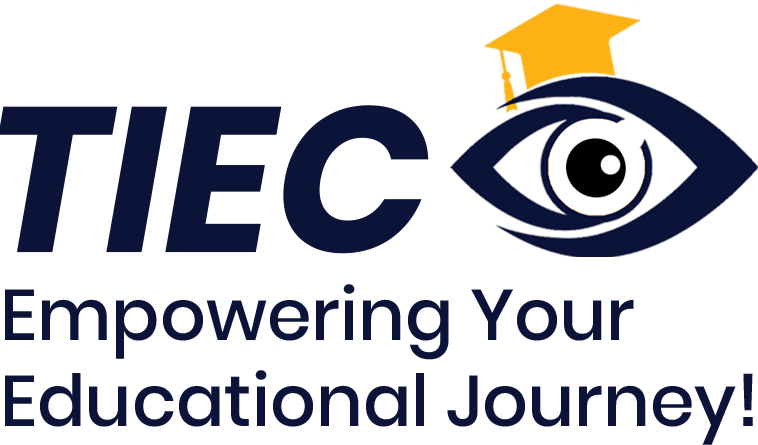IELTS test tips
Preparing for the IELTS (International English Language Testing System) test can be challenging, but with the right strategies, you can maximize your chances of success. Here are some tips to help you prepare for the IELTS test:
- Understand the test format: Familiarize yourself with the different sections of the IELTS test, including Listening, Reading, Writing, and Speaking. Understand the specific requirements and time limits for each section.
- Take practice tests: Practice regularly with official IELTS practice tests to become familiar with the format and types of questions you will encounter. This will help you develop your time management skills and identify areas where you need improvement.
- Improve your English language skills: Work on improving your overall English language proficiency by reading a variety of materials, listening to English audio or podcasts, and engaging in conversations with native English speakers. The more exposure you have to the language, the better prepared you will be for the test.
- Develop a study plan: Create a study plan that includes specific goals and targets for each section of the test. Allocate enough time for each skill and make sure to practice regularly. Consistent effort and structured study sessions will help you progress effectively.
- Enhance your vocabulary: Expand your vocabulary by learning new words and their appropriate usage. Read English books, newspapers, and online articles to encounter new vocabulary in context. Make a habit of keeping a vocabulary journal and reviewing it regularly.
- Practice time management: Since the IELTS test has strict time limits for each section, practice managing your time effectively during practice tests. Learn to quickly skim passages, scan for information, and allocate time appropriately for each question.
Focus on key skills for each section:
- Listening: Practice listening to different accents, watch movies or TV shows in English, and try to understand the main ideas and supporting details.
- Reading: Develop skimming and scanning techniques to quickly locate information within passages. Practice identifying main ideas, supporting details, and understanding the writer’s purpose and tone.
- Writing: Familiarize yourself with the different types of writing tasks in the test (e.g., essays, graphs, charts). Practice organizing your thoughts, developing coherent arguments, and improving your grammar and vocabulary.
- Speaking: Practice speaking English regularly with a language partner or by recording yourself and evaluating your performance. Focus on fluency, pronunciation, and coherence in your responses.
- Get feedback: Seek feedback from experienced English teachers or tutors. They can help you identify your weaknesses, provide specific advice, and suggest areas for improvement.
- Simulate test conditions: When practicing, try to replicate the test conditions as closely as possible. Find a quiet environment, time yourself, and follow the official instructions. This will help you feel more comfortable and confident on test day.
- Stay calm and confident: On the day of the test, stay calm and focused. Trust in your preparation and abilities. Take deep breaths, read and listen carefully, and answer to the best of your knowledge.
Tips for the IELTS Listening Test
- The most crucial thing is to make sure your headphones are in functioning order; if not, raise your hand.
- Utilize the time given for question preparation. Before the recording begins, read them.
- Pay close attention to the tape and concentrate more on the questions than on fully understanding everything. Keep in mind that the recording is only played once.
- While listening to the recording, make notes on your exam paper.
- Write each question within the allotted word count.
- Check your writing for problems in spelling and grammar before submitting it.
- Try to make your replies all capital letters.
IELTS Reading exam advice
- Examine each aspect of the question paper’s figures, graphs, or graphics to ensure your response is accurate.
- Don’t waste time grasping a question you can’t. Instead, move on to the next one; you can always return to finish it later.
- Avoid wasting time by writing on the exam paper. There is a time limit, and you will not be given any further time to transfer your answers.
- Pay close attention to the questions and concentrate on obtaining the answers from the passage.
- Be succinct, correctly punctuated, and to the point. Before submitting, proofread.
- Try to make your replies all capital letters.
Tips for the IELTS Writing Test
- Analyze the tasks you’ve been given in detail, then mentally prepare your responses in a hurry.
- Use your time wisely by allocating 20 minutes to task 1 and 40 minutes to task (which is longer and worth more points).
- Write at least 150 words for assignment 1 and 250 words for task 2.
- Avoid using the same thoughts, phrases, or words more than once.
- Make sure to include a conclusion in task 2
- Write succinct, pertinent responses. Keep your sentences and paragraphs short.
- Activate your voice. Write without using the passive voice.
- Do not submit without thoroughly revising and checking your work.
Tips for the IELTS Speaking Test
- Clear, leisurely, and fluid speech
- Pay close attention to the questions posed and provide direct answers.
- You may improve the responses by including more details and making sure they’re still applicable.
- Ask the examiner to ask the question again if necessary.
- Be assured when you speak.
- Avoid lengthy pauses.
- Pay equal attention to your vocabulary, tenses, grammar, and sentence structure.
Remember, consistent practice and dedication are key to achieving a good score on the IELTS test. Good luck!







